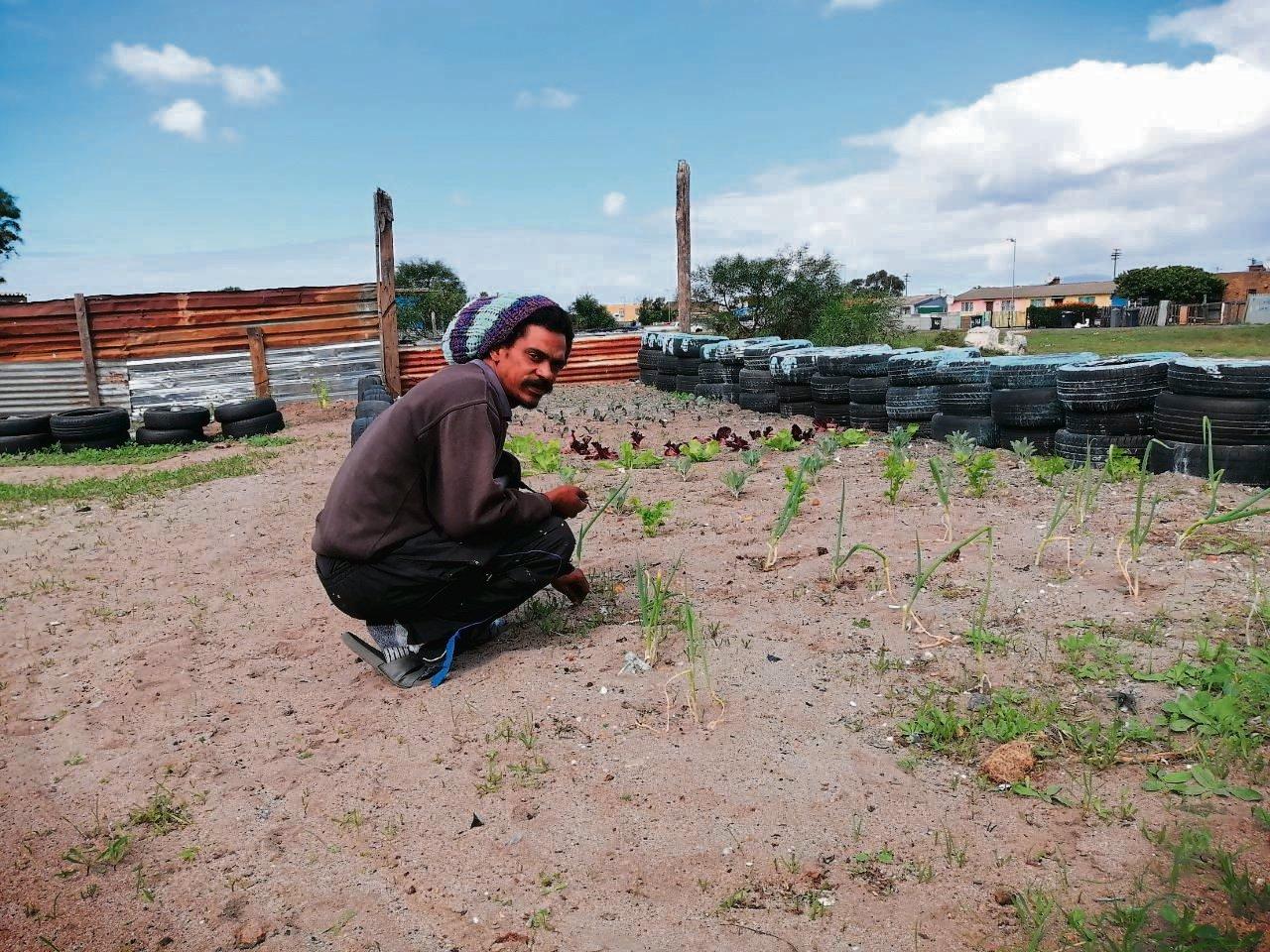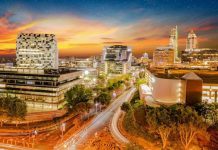Africa-Press – South-Africa. To assist families residing in Kensington 18th Avenue informal settlement become self-sustainable, a peace garden was launched recently.
The garden forms part of the Kensington and Factreton Peace Ambassadors programme which was started by Prof Brian Williams a few years ago.
Williams, a professor in peace, meditation and labour relations, says the peace initiative aims to promote peace and sustain development in disadvantaged communities.
Williams says they decided to launch the garden on Human Rights Day (21 March) to highlight the plight of the informal settlement residents.
“The purpose was to contribute towards the creation of conditions that demonstrate the supremacy of human dignity despite the undignified context. The achievements thus far confirm that it is possible to fundamentally reshape the thinking and reasoning and actions of people despite their negative circumstances.”
Williams says as most of the residents are unemployed, the garden will help them to become self-sustainable.
“You should have a dignified living despite the destructive concept in which you live. This is an example of what people who live in the community can do to generate an income for themselves. Our slogan is “Dirt damages dignity” and so if you wish to live in dignity you have an obligation to clean your area, your space and yourself and make sure that everything around you is clean.”
Ricardo Stevens, resident and peace ambassador, says the garden is a community effort.
“The spot where the garden is now was a rubbish dump. We started cleaning it. And as the peace group we created a peace garden. We had lots of sponsors, and got support from a local school, church and the wider community.”
Stevens says they are proud of the project and hope to reap the fruit of their labour.
“We have a flower garden and a food garden. Our plan is to establish a kitchen to become self-sustainable. This is all about doing things for us. In our garden, we have beetroot, lettuce, cauliflower, onions and chillies. On the other side, we have some flowers.
“Many people here are unemployed. They do what they can to generate some money. If we, through this project, can create a self-sustainable household, then there will also be peace in the community. That is how the peace project will grow.”
Stevens says they are grateful for the support they received for their first market day and adds that they hope to have more.
“On Human Rights Day we had a market day and it was a success. We had a lot of people who came here. We sold some second-hand goods. Many people said they will support us if we have another one in the future, so we are planning on having another one.”
Williams says the informal settlement is divided into four zones and adds that since the establishment of the peace ambassadors in zone one, there has been a visible change.
“There has been no violence, crimes, gang activity. There has been food security for all families. All children in school, all seniors cared for, all disabled attended to and all chronic medication provided.”
He adds: “Many challenges still remain and one of our biggest hurdles is the mindsets of the people in the informal settlement. Our aim is to teach people that peace has transformative power. We have a Transformatavist peace model because you have to be an activist. You have to commit yourself to activism.”
For More News And Analysis About South-Africa Follow Africa-Press






